Picture this: you’re carving a juicy holiday ham, and your dog sits nearby, tail wagging, with those unmistakable “please share” eyes. It’s hard to resist their charm, especially when they seem so eager for a taste of your meal. But before you hand over a slice, it’s worth asking—can dogs eat ham? While it might seem harmless to offer your pup a piece of this savory treat, certain ingredients and risks could make this snack less friendly for your canine companion than you think. Let’s dive into the facts to help you make an informed decision about sharing ham with your dog.

Is Ham Safe for Dogs to Eat?
Ham is not inherently toxic to dogs, but that doesn’t mean it’s a safe or healthy choice for your pet. Many types of ham are processed, cured, or heavily seasoned, which can introduce ingredients harmful to dogs. Additionally, ham’s high fat and sodium content may lead to health issues over time.
The Dangers of Sodium and Preservatives
Processed ham often contains high levels of sodium and preservatives like nitrates or nitrites. Excessive sodium consumption can lead to salt poisoning in dogs, a condition that may cause vomiting, diarrhea, tremors, or seizures. Similarly, preservatives can be difficult for dogs to digest and may upset their gastrointestinal system.
High Fat Content
Ham is a fatty meat, and while dogs need some fat in their diet, too much can lead to obesity or pancreatitis, a serious condition where the pancreas becomes inflamed. Even small portions of ham can be problematic for dogs prone to weight gain or digestive issues.
What About Bone-In Ham?
Some owners may wonder if giving a leftover ham bone to their dog is a good idea. While it might seem natural for dogs to chew on bones, cooked bones, including those from ham, pose significant risks.
Risks of Cooked Bones
Cooked ham bones can splinter easily, creating sharp fragments that may puncture your dog’s mouth, throat, or digestive tract. Ingesting bone splinters can also lead to choking or blockages, which may require surgical intervention.
Safer Alternatives
If you want to provide your dog with something to chew, consider vet-approved dental chews or rawhide alternatives. These options are specifically designed to be safe and beneficial for your dog’s teeth and gums.
Can Dogs Eat Small Portions of Ham?
If you’re considering giving your dog a small piece of ham as a treat, it’s important to weigh the risks. While a tiny amount of plain, unseasoned ham is unlikely to cause immediate harm, regular consumption or larger portions can contribute to long-term health issues.
Moderation is Key
If you decide to feed your dog ham, make sure it is unseasoned, free of glazes or spices, and offered in small quantities. Keep in mind that ham should never replace a balanced diet designed for dogs.
Alternative Treats for Dogs
Instead of ham, try offering your dog healthy, low-fat protein options like cooked chicken, turkey, or fish. These alternatives are easier for dogs to digest and provide beneficial nutrients without the risks associated with ham.
Symptoms to Watch For if Your Dog Eats Ham
Dogs are naturally curious and may snag a piece of ham without your approval. If this happens, monitor them closely for any signs of distress.
Digestive Upset
Symptoms like vomiting, diarrhea, or abdominal discomfort may indicate that your dog’s digestive system is struggling to process the ham. These issues are more likely if the ham was fatty, salty, or heavily seasoned.
Signs of Salt Poisoning
Excessive thirst, lethargy, confusion, or seizures may suggest salt poisoning, especially if your dog consumed a large amount of ham. Contact your veterinarian immediately if you notice these symptoms.
Pancreatitis Warning Signs
Watch for signs of pancreatitis, such as vomiting, loss of appetite, abdominal pain, or weakness. This condition requires prompt veterinary care to prevent complications.
Can Puppies Eat Ham?
Puppies have more sensitive digestive systems than adult dogs, making them especially vulnerable to the potential risks of eating ham. High levels of sodium, fat, or preservatives can upset a puppy’s delicate stomach and impact their development.
Healthier Options for Puppies
Stick to feeding your puppy a diet formulated specifically for their age and size. If you want to give them treats, choose vet-approved puppy treats or fresh fruits and vegetables like carrots or apple slices.
When Is Veterinary Attention Necessary?
If your dog eats a significant amount of ham or begins showing symptoms of distress, contacting your veterinarian is necessary. A professional can assess your dog’s condition and recommend appropriate care. If you’re located in Fort Lauderdale, Florida, and need expert advice or care, Central Broward Animal Hospital is here to help. Call us at (954) 792-6223 to schedule an appointment or speak with a member of our team.
Making Healthy Choices for Your Dog
While it can be tempting to share table scraps with your dog, not all human foods are suitable for pets. Ham, with its high fat and sodium content, is best avoided to ensure your dog stays healthy. Instead, focus on providing your dog with nutritious, vet-approved foods and treats to support their overall well-being. When in doubt, consult your veterinarian at Central Broward Animal Hospital to determine the best diet for your furry friend. By making informed decisions about what to feed your dog, you can protect their health and enjoy many happy, healthy years together.
